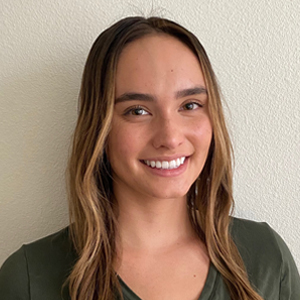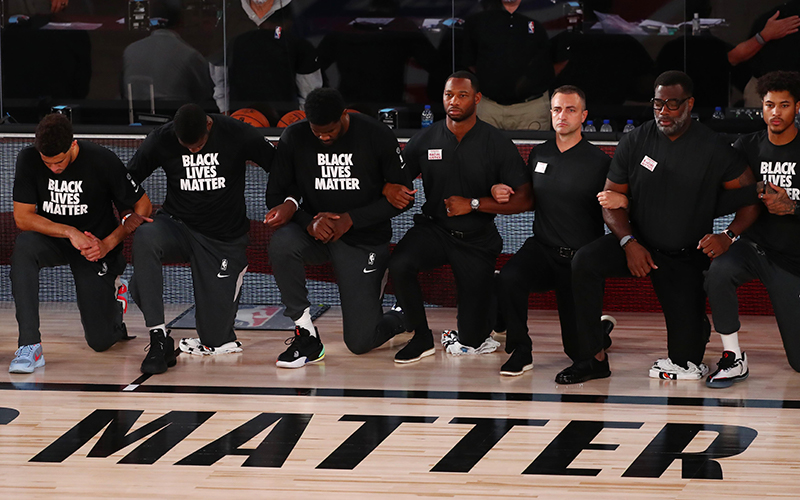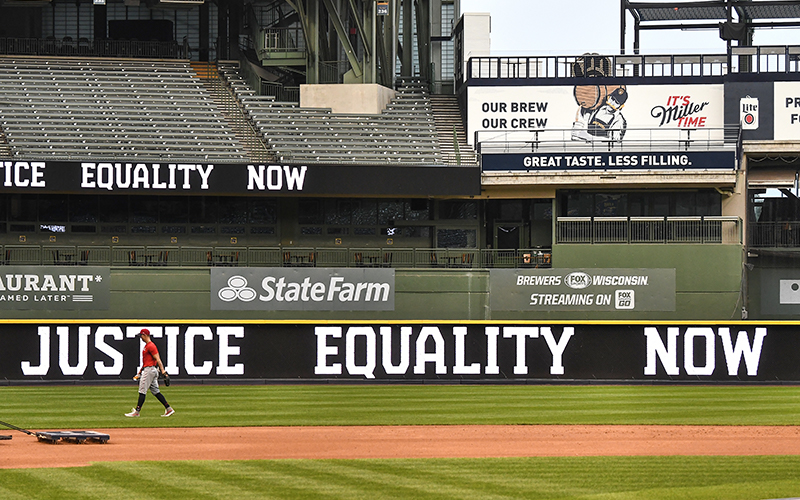PHOENIX – After police officers in Kenosha, Wisconsin, shot Jacob Blake, a Black man, seven times from behind as they attempted to arrest him, NBA players decided to amplify their voices by silencing their game.
The incident involving Blake came just months after police in Minneapolis were charged with killing another Black man, George Floyd, while taking him into custody. Floyd’s death, like the Blake shooting, was caught on video and sparked protests and marches around the country.
After players met and debated what action to take, the league and the NBA Players Association released a joint statement that included three commitments to help combat social injustice. The Phoenix Suns say they are determined to be active in the movement for change.
“We have a strong employee base that has been working behind the scenes to advise and recommend different ways that we can activate employees and get our players involved,” said Dean Stoyer, the Suns chief marketing and communications officer. “The first step publicly that we’re making is around the vote.”
As the general 2020 election nears, the Suns have made it a priority to educate voters and provide a space for citizens to cast their vote.
While the NBA had shown support for the movement in the wake of Floyd’s death, allowing players to wear social justice slogans on their jerseys and by printing “Black Lives Matter” on the basketball courts inside the NBA’s Orlando “bubble when the league resumed its season,” players demanded more action after Blake was shot.
It began when the Milwaukee Bucks, the top-seeded team in the Eastern Conference playoffs, refused to take the floor for a first-round game against the Orlando Magic. The rest of the league’s games were postponed that day, and the move quickly fueled postponements and demonstrations of support from other professional leagues.
The Suns, eliminated from playoff contention despite an 8-0 record in the bubble, already had departed Orlando before the strike, but the team was quick to show support for increased action.
In fact, the Suns had urged more action toward reform even before they arrived in the bubble.
After Floyd’s death in May, Suns coach Monty Williams, who is African-American, was moved to pen an emotional “open letter” to the country, which was released by the team.
“I woke up this morning to our country on fire, AGAIN, and decided the least I can do as so many of us are gripped by anger, fear and pain is to lead by example, allow my voice – filled with as much conviction as uncertainty – to be heard so that others, whether they have a platform or not, will lift their voices as well,” Williams wrote, in part.
“Still, I am angry, afraid and in pain. I don’t have all the answers, but I know the solutions start with love, listening, compassion, service and defending those who can’t defend themselves,” he said.
On his Instagram account, Suns point guard Ricky Rubio posted a photo of the jersey with the word “Justice” on the back that he wore while the team was in the bubble, along with a statement.
“We are not just here to play basketball, we feel like something has to be done and it’s time,” Rubio wrote in the post. “It’s been far too long and I stand right next to my teammates and the whole league to use this platform to bring awareness and come up with ideas and solutions. … We have to fight for a better world and stand up (to) what is wrong.”
What followed was the joining statement from the NBA and NBAPA that mentioned a variety of commitments, including: The establishment of a social justice coalition, with representatives from players, coaches and team governors, to focus on a broad range of issues.
A pledge by team governors to work with local elections officials to convert their facilities into voting locations for the 2020 general election to allow for a safe in-person voting option in their communities while they are vulnerable to COVID.
And, finally, a promise to work with players and the league’s broadcast network partners to create and include advertising spots in each NBA playoff game dedicated to promoting greater civic engagement.
Stoyer said the Suns went to work and decided to make voting access one of its priorities.
With Talking Stick Resort Arena still undergoing renovation, the Suns were not able to offer it as a voting center to the community. So Melissa Goldenberg, the Suns senior vice president and general counsel, worked with state officials and officials at Arizona Veterans Memorial Coliseum to secure that state-owned venue. The Suns announced Sept. 2 that the Coliseum will be open to the public as a voting center.
The idea is to give people concerned about being around a large group of people and standing in lines amid the COVID-19 a large space to use as an early ballot drop-off location.
“It’s an opportunity, given the pandemic and concerns around the COVID, to drop their ballots off at a free, safe, touchless destination,” Stoyer said. “So they will literally be able to drive up, and drop off their ballot in advance.”
In addition to securing a voting center, the NBA’s 30 teams will use their platform to encourage members of their community to vote.
“The league asked to get teams more involved,” Stoyer said. “In addition to unlocking the Coliseum, we have (public service announcements) we will start shooting with various players.”
“We’re working closely with the Arizona State Election Board and Secretary of State (Katie Hobbs) to get those PSA’s out in support of voter registration, as well as just general education and activation around the voting.”
Suns owner Robert Sarver has been an advocate of social justice and criminal-justice reform. Sarver educates and speaks with his players about the subject and encourages them to get involved. After the election, the Suns will direct their attention to the criminal justice reform issue, Stoyer said.
“Our focus right now is on voter education, registration and activation around the vote.” Stoyer said. “And we’ve got a lot of work to do to figure out what our next steps will be.”
The NBA has given teams the flexibility to take those steps in a way that best suits their community, “giving us the freedom to figure out what works best here and how we can tackle the social justice issue best within our market with our fans, and utilize our players.” Stoyer said. “I think it’s been one of the most important first steps that will make this all successful.”


